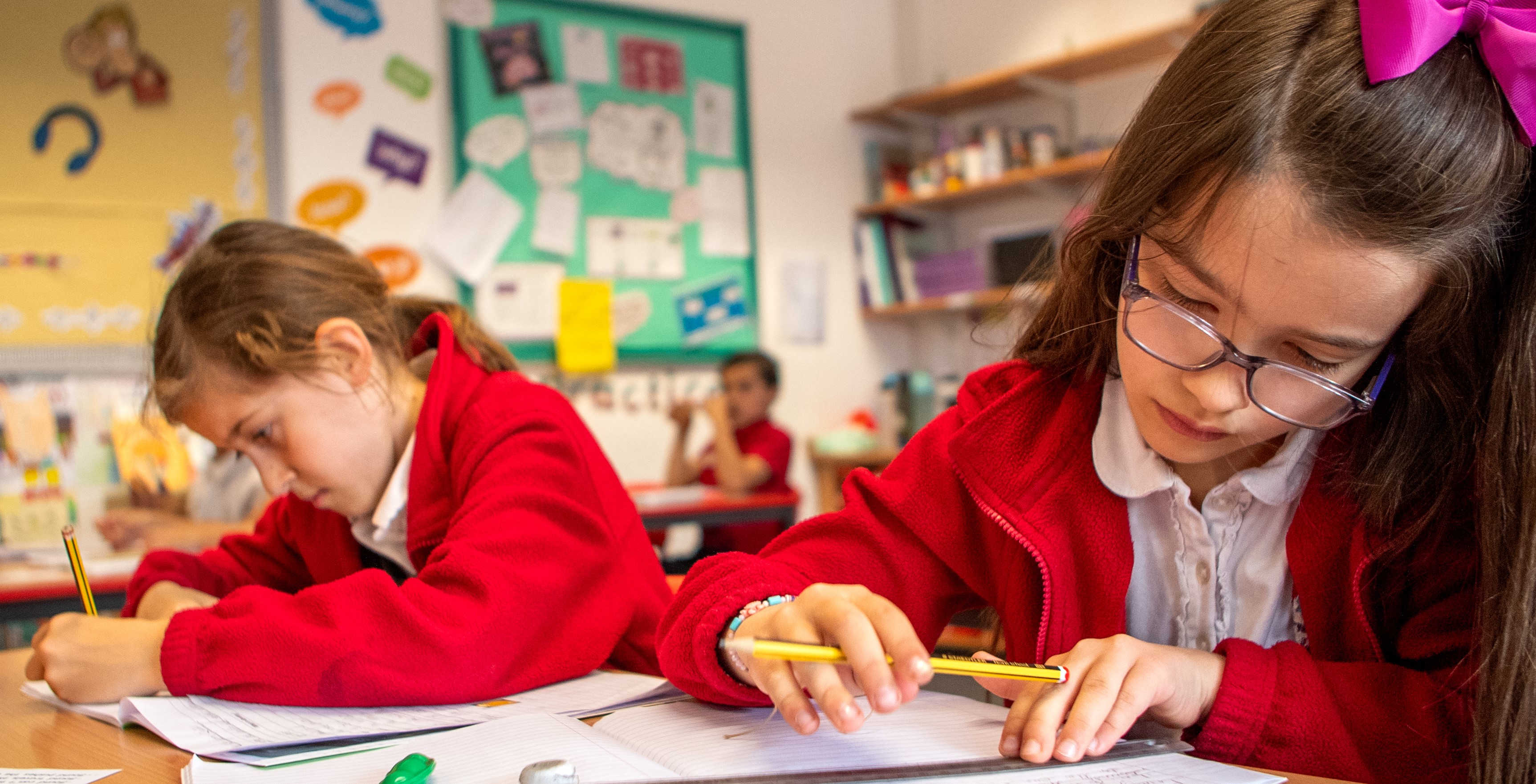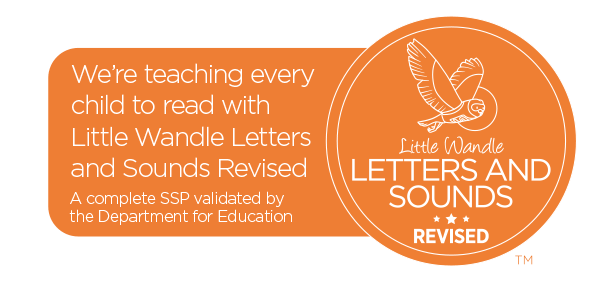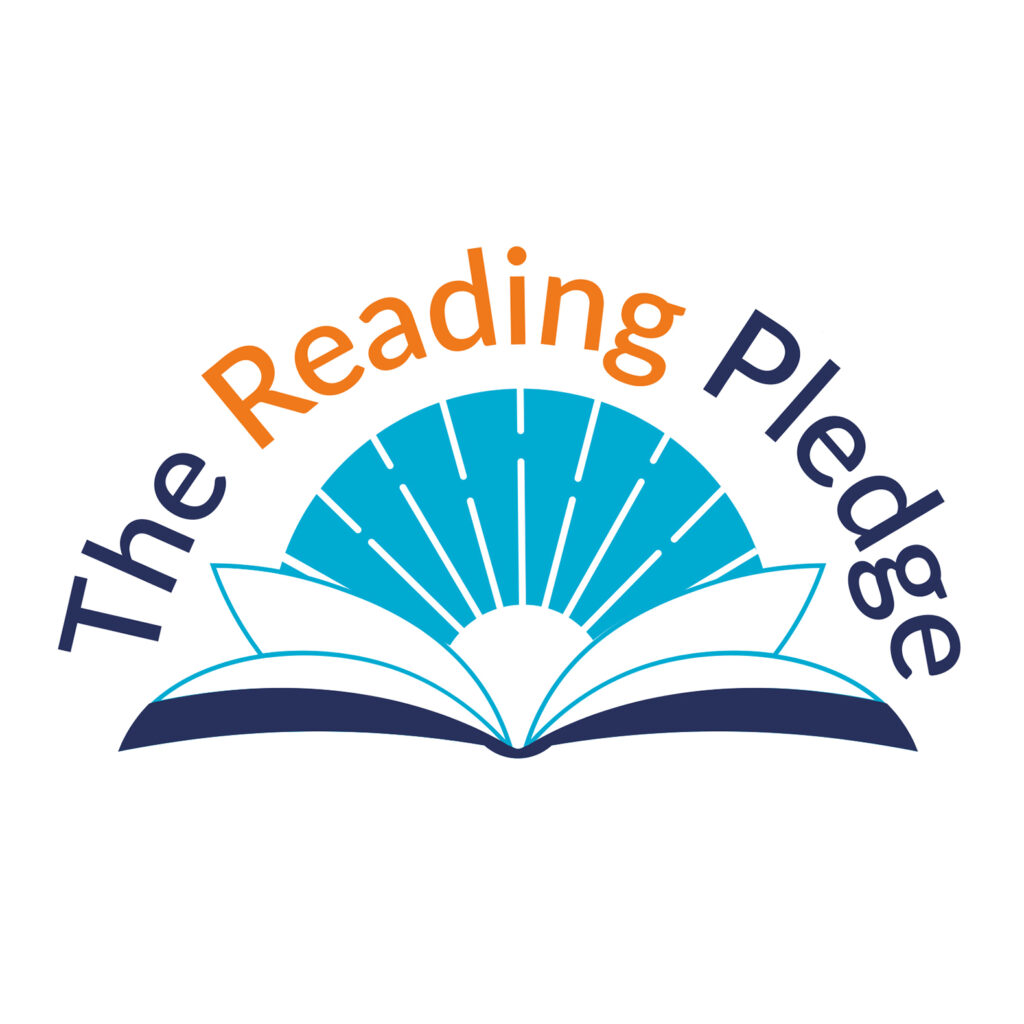
At Forest Lodge Academy our vision is that through outstanding leadership we will provide the highest quality of education to enable every pupil to realise their full potential. We have designed a curriculum ensuring that powerful knowledge and skills are at the forefront of curriculum progression within our school.
At Forest Lodge, we are committed to providing a wide ranging, exciting curriculum for the children, a curriculum which provides the children with all of the skills that they will need to succeed in life. Our curriculum takes into consideration the needs and character of our children, their prior learning, experiences as well as the community we serve through the national curriculum.
Through our curriculum we aim to educate children in the knowledge, skills and understanding they need in order to lead fulfilling lives and become ready for 21st century learning. Forest Lodge is a happy, lively and caring place where each pupil’s uniqueness is cherished and where they are encouraged to learn in a safe, positive environment and to develop a passion for learning.
Our curriculum is thematically based and inspires, motivates and connects learning to encourage pupils to grow into effective citizens, ready to play their part in the world and their community. We recognise the importance of making links between home and school and encourage parental involvement by holding regular curriculum events and workshops to include parents and carers within pupils learning.
To find out more about the curriculum we teach at school, please download the Forest Lodge Curriculum Policy below. Here you will find information on how we organise the curriculum across the school.
The curriculum is revisited each year and has just been overhauled in the light of the revised Ofsted School Handbook.
In particular, please have a look at the information regarding the intent, implementation and impact of the curriculum framework.
Connected Curriculum 2025 – 2026 with Topics Coverage
Key Stage Assemblies Plan 2025-2026
Click on each year group to see an overview of the maths curriculum for each year.
Children have an exciting term ahead of them, full of inspirational learning experiences and extra curriculum opportunities. Each year group’s long term planning for Autumn, Spring and Summer term is available below.
Forest Lodge Academy Curriculum Map LTP Nursery
Forest Lodge Academy Curriculum Map LTP Reception
Forest Lodge Academy Curriculum Map LTP Year 1
Forest Lodge Academy Curriculum Map LTP Year 2
Forest Lodge Academy Curriculum Map LTP Year 3
Forest Lodge Academy Curriculum Map LTP Year 4
Forest Lodge Academy Curriculum Map LTP Year 5
Forest Lodge Academy Curriculum Map LTP Year 6
The school has splendid grounds with a range of outdoor learning environments. Children in Nursery, Reception and Year 1 take part in continuous planned outdoor learning activities. Older pupils also have the opportunity to work outside when they can.
Two members of staff are currently attending training to become Forest School Qualified so that all pupils will be able to take part in Forest School activities throughout the year.
Each class will go on a variety of trips, visits and residentials where they will explore and discover their own surroundings. We also ensure children experience outdoor team building activities such as abseiling, climbing wall, archery and orienteering.
At Forest Lodge Academy we teach children synthetic phonics daily using the Little Wandle Letters and Sounds Revised programme.

It sets out a detailed and systematic programme for teaching phonic skills for children starting by the age of five, with the aim of them becoming fluent readers by age seven.
At Forest Lodge Academy, we believe that all our children can become fluent readers and writers. This is why we teach reading through Little Wandle Letters and Sounds Revised, which is a systematic and synthetic phonics programme. We start teaching phonics in Nursery/Reception and follow the Little Wandle Letters and Sounds Revised progression, which ensures children build on their growing knowledge of the alphabetic code, mastering phonics to read and spell as they move through school.
As a result, all our children are able to tackle any unfamiliar words as they read. At Forest Lodge Academy, we also model the application of the alphabetic code through phonics in shared reading and writing, both inside and outside of the phonics lesson and across the curriculum. We have a strong focus on language development for our children because we know that speaking and listening are crucial skills for reading and writing in all subjects.
In our Nursery we provide a balance of child-led and adult-led experiences for all children that meet the curriculum expectations for ‘Communication and language’ and ‘Literacy’. These include; sharing high quality stories and poems, learning nursery rhymes and activities that help to develop children’s listening and attention, including oral blending. We ensure our nursery children are well prepared to begin learning grapheme-phoneme correspondences and blending in Reception.
In Reception and Year 1 we teach phonics for 30 minutes a day. In Reception, we build from 10-minute lessons, with additional daily oral blending games, to the full-length lesson as quickly as possible. Children in Reception are taught to read and spell words using Phase 2 and 3 GPCs, and words with adjacent consonants (Phase 4) with fluency and accuracy. Children in Year 1 review Phase 3 and 4 and are taught to read and spell words using Phase 5 GPCs with fluency and accuracy.
We timetable daily phonics lessons for any child in Year 2 or 3 who is not fully fluent at reading or has not passed the Phonics screening check. If any child in Year 3 to 6 has gaps in their phonic knowledge when reading or writing, we plan phonics ‘catch-up’ lessons to address specific reading/writing gaps.
